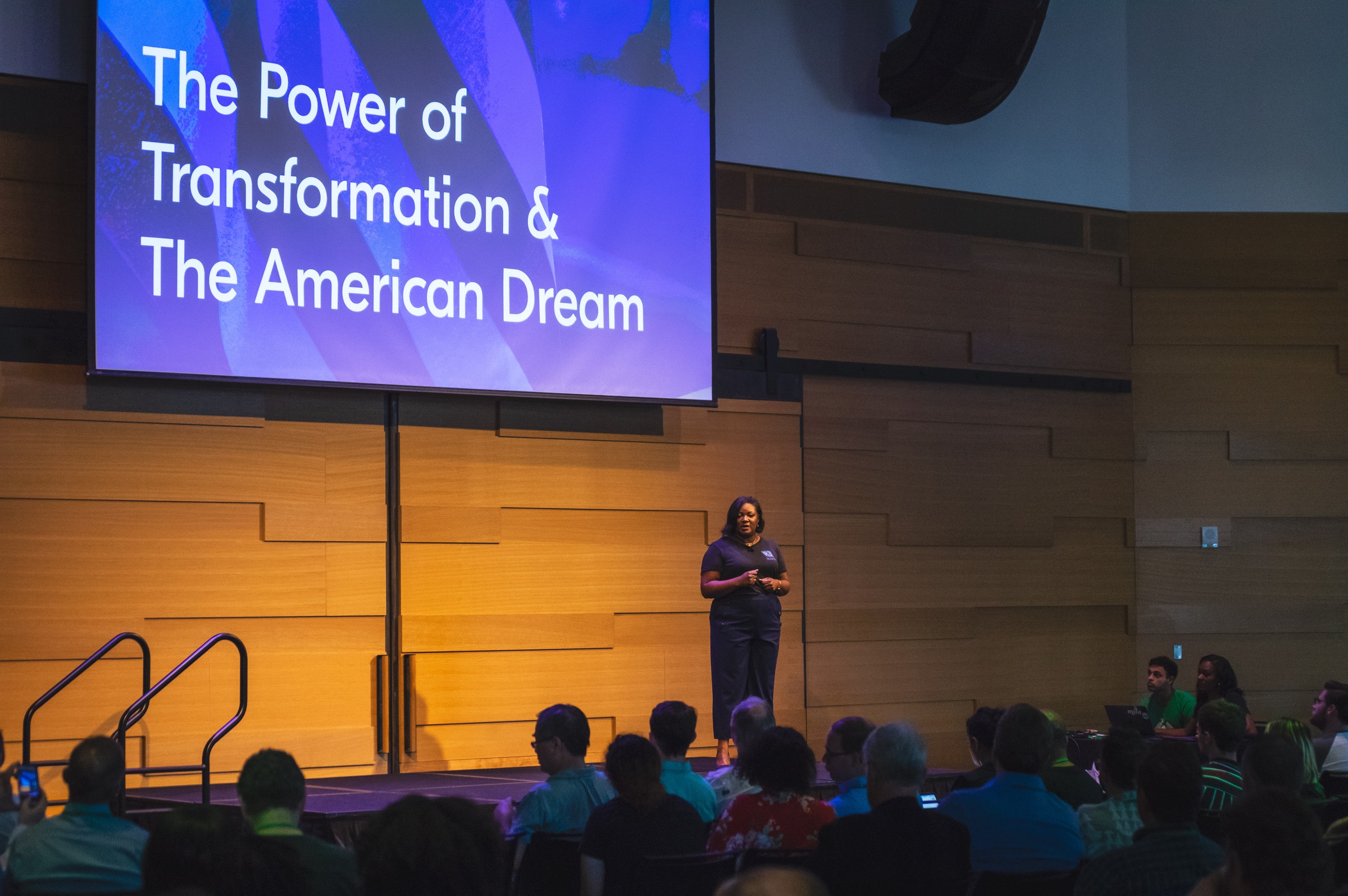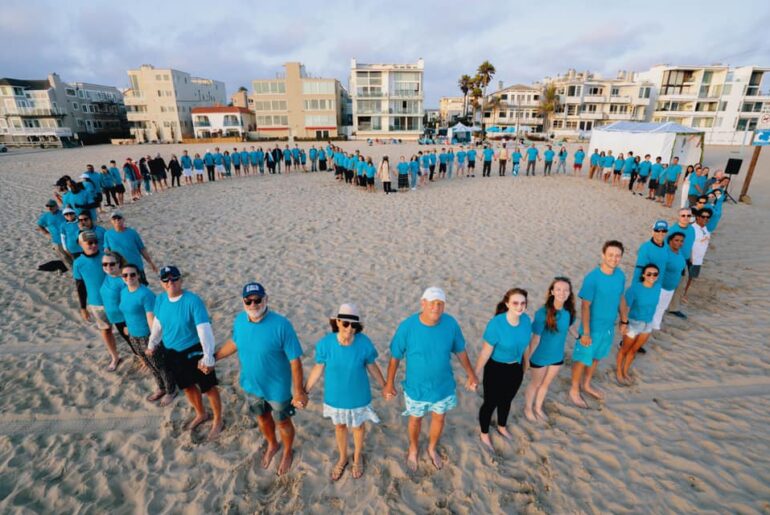Did you know one in three Americans have an arrest or conviction record? That means almost 80 million Americans today have an arrest or conviction rate. Today’s guest is no stranger to these numbers, she is actually part of that statistic. Since April is Second Chance month there seems to be no better time to talk about new beginnings than today.
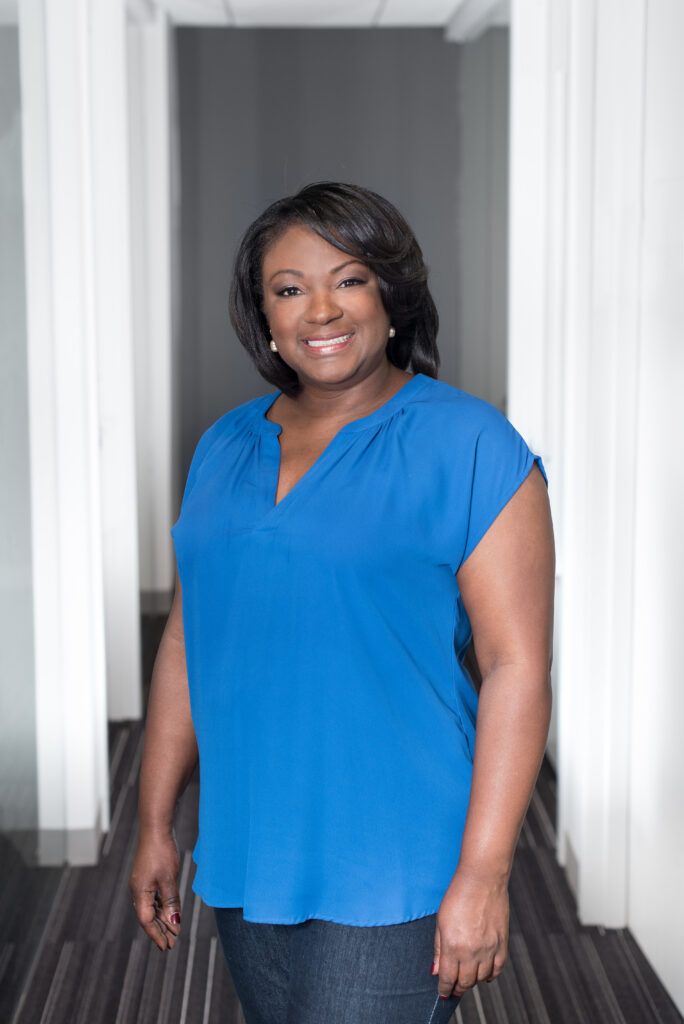
Join us to learn the incredible story of one woman’s journey from prison to nonprofit founder. Teresa Hodge is an absolute inspiration. Learn about Teresa’s tireless work to help those who have been incarcerated rebuild their lives with her organization Mission Launch.
Here are a few highlights from our conversation:
Charity Matters: Tell us a little about what Mission Launch does?
Teresa Hodge: Mission Launch is focused on helping the men and women who have arrest or conviction records get back on their feet. The reentry process is where we focus. Reentry is that period of time right after they come in contact with the legal system. It is when they’re just trying to get back on their feet and reintegrate back into society. We focus on helping people with jobs, housing and getting into higher education.
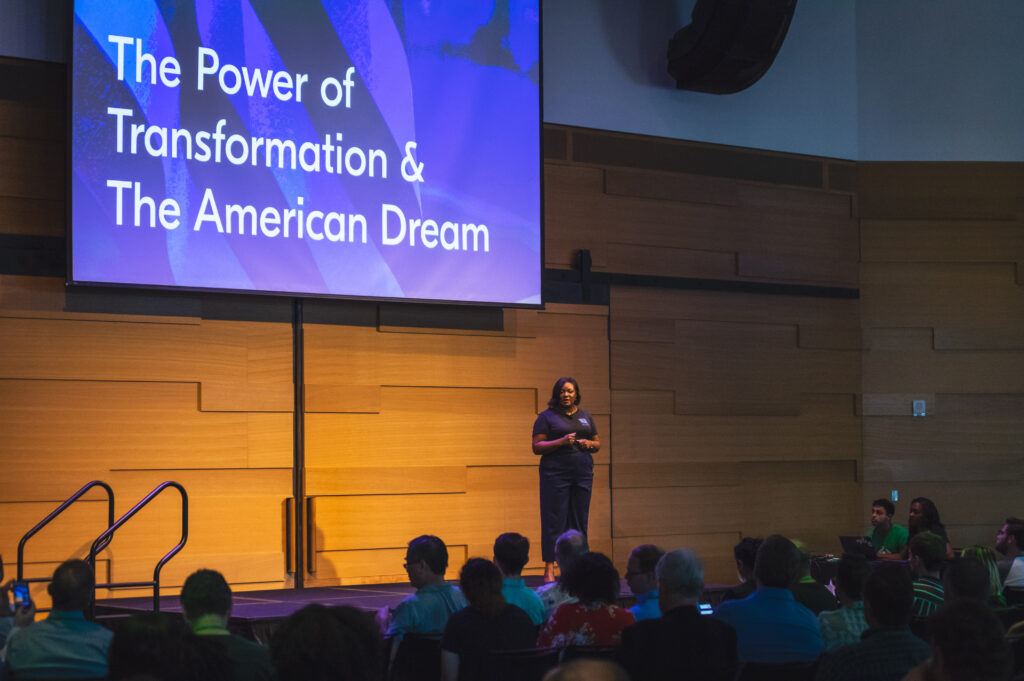
Charity Matters: What was the moment you knew you needed to act and start Mission Launch ?
Teresa Hodge: One of my dad’s favorite statements was when life gives you lemons make lemonade. I was an entrepreneur and part of a group of other entrepreneurs. The company we founded was investigated by the government. From the moment the company was investigated, my life just drastically changed. I spent about five or six years, fighting the charges. When I went to trial, I knew very little about our criminal legal system. I went to trial and lost. As a result of that, I was given an 87 month federal prison sentence or seven years and three months. I was the first person in my family to be charged and I was heartbroken and devastated.
I just knew that there had to be meaning and a greater purpose. In hindsight, it was as if all seeds have been planted. One of those seeds was how was I going to use my time in prison? When I looked at the time, I said, “God, when I come out, what I’m going to know the most about? What will be the most relevant from going to prison?”
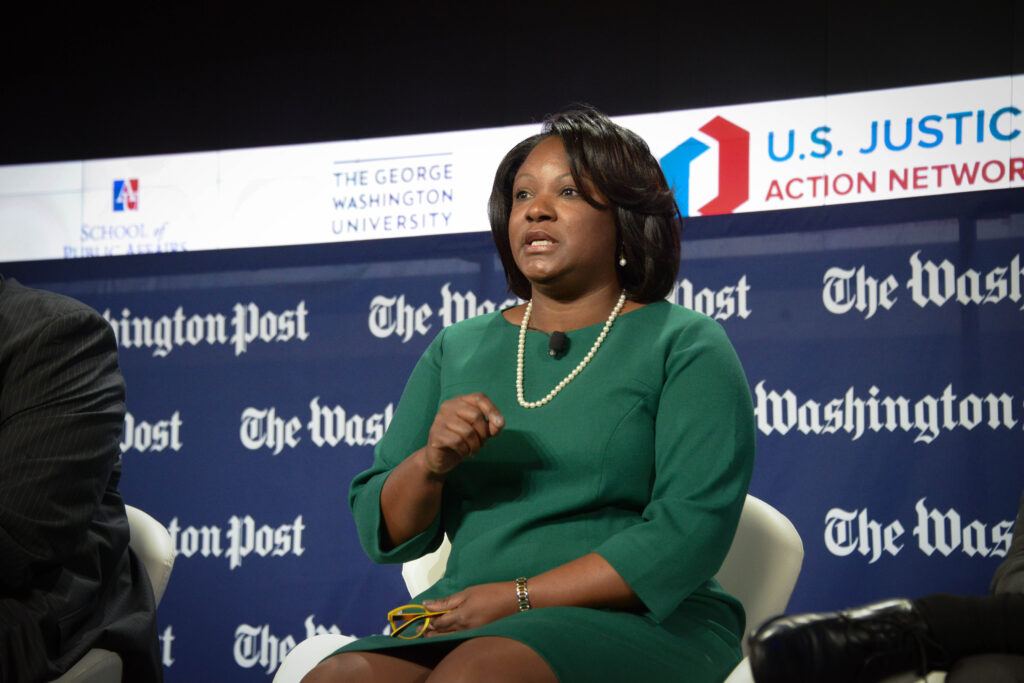
It was about 10 days after I was convicted, that I began writing a version of the work that I’m doing now. I had experienced about five years of fighting on the front side. I was scared to death, quite frankly. Seven months felt like a life sentence, but seven years, three months was unimaginable. So it was just a really difficult time. What I knew was that if I could survive it, that I was going to bring good out of it.
The reality is I actually had to endure the long journey of incarceration. That was the lemon and it was a long time sucking on those sour lemons. I was already as an entrepreneur and knew how to write business plans. As you know, I was a part of a captive audience in prison. So I was able to ask questions and do market research. I watched women leave prison and then I watched come back. Why would someone return? I didn’t understand and was baffled.
The thought is prison is supposed to do some level of correcting while people are incarcerated. And yet, when people return, there’s often no pathway back. While I was sitting in prison I just felt like I’m going to create the pathway that I need to go back. And I’m going to bring all of those experiences and all those stories into my design so that we create enough pathways for people who were trying their best.
I came home in 2012 and we started Mission Launch in 2012.
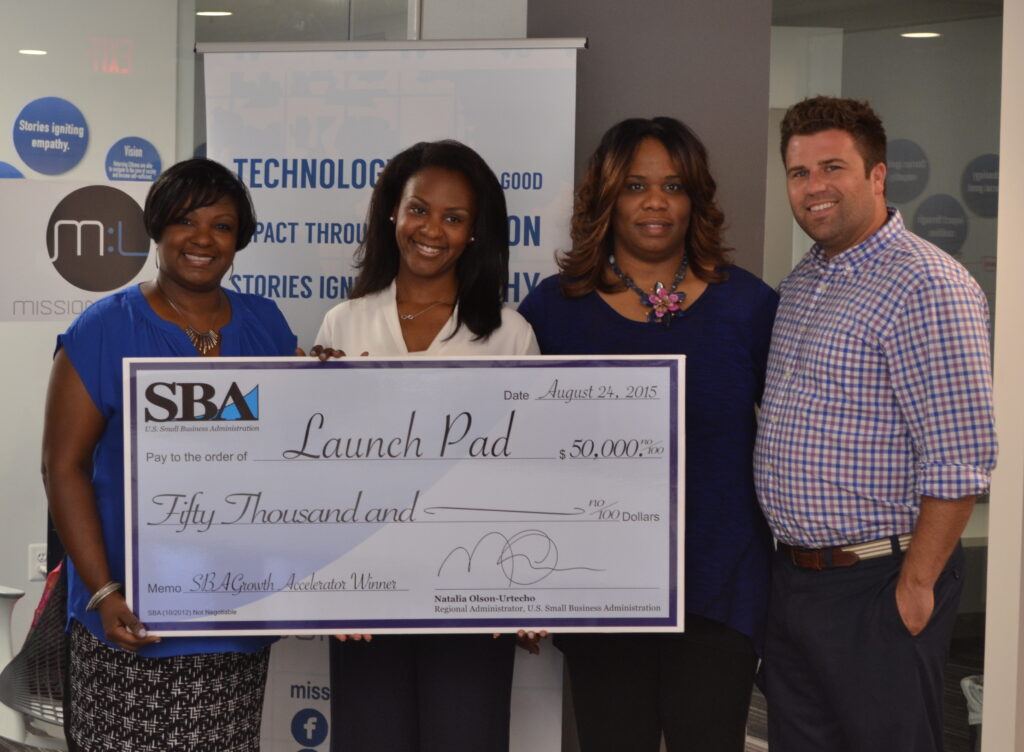
Charity Matters: What are your biggest challenges?
Teresa Hodge: The challenges were I was underfunded. I knew a lot about prison but I knew nothing about a nonprofit. We were new entity and were unknown. And we had this huge vision for how we could disrupt and change and make life and society better for all of us. In the end, I had the ability to stick to something. And so and to learn and to evolve and to grow, I’ve been able to navigate to a good place.
Charity Matters: Tell us what success you have had and what your impact has been?
Teresa Hodge: We measure Deep Impact, the stories and the people that we can talk about. I can tell you a story of a young man who came into our hackathon just a few days after being home from prison, and he just had lots of potential. He didn’t want to work at McDonald’s and he had the ability to do something different. And he was inspired to start a business and struggled to start the business. Long story short, today, he runs a National Cooperative. He now hires other formerly incarcerated people. That idea and the ability to build that was birthed inside of a space that we hosted. I served on his board for a while. We validated him, incubated him and were his fiscal sponsor. So it’s that level of deep impact
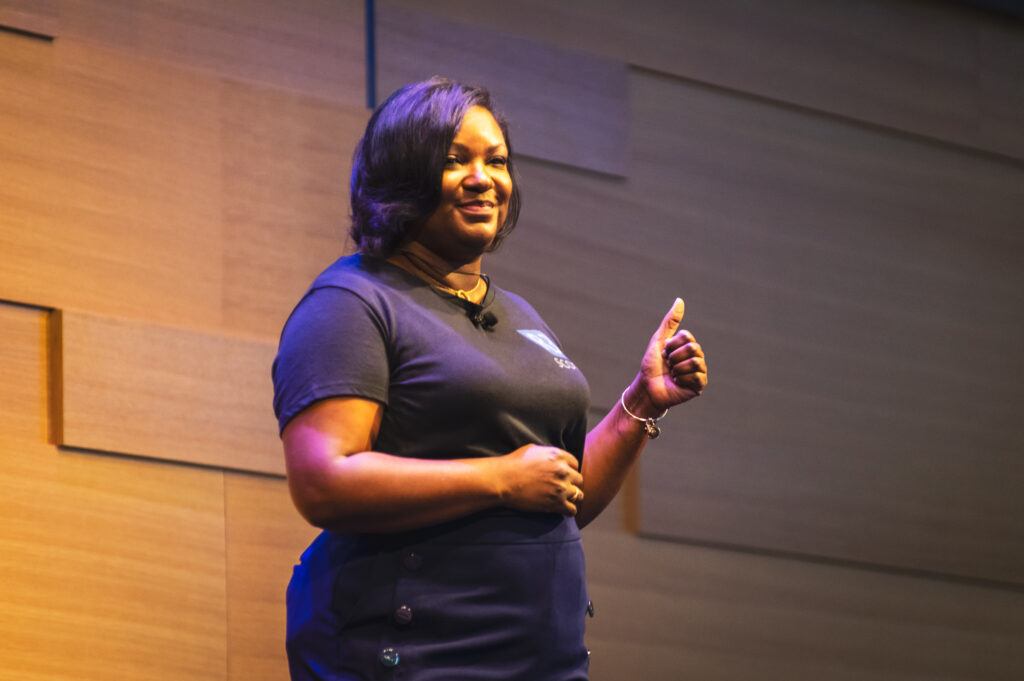
Charity Matters: If you could dream any dream for your organization, what would that be?
Teresa Hodge: I want to shorten the time it takes a person to come home and get back on their feet after incarceration. The big dream is for us to have a national strategy with a localized approach. Reentry is hyperlocal. Right? The statistics are one in three Americans have an arrest or conviction record. That means over 70 million, almost 80 million Americans today have an arrest or conviction rate. It’s staggering and not a small number.
I am on a mission to normalize the fact that we have so many people in our country with an arrest or conviction record. If we normalize that as a fact, then we can move beyond the fact that a person has a record. Then we can create all the pathways of opportunities for 80 million people.
Charity Matters: What life lessons have you learned from this experience?
Teresa Hodge: I think the greatest life lesson is for me was in prison, when my life became smaller. It’s had so much meaning when my life in prison was the great equalizer. When you think of one in three Americans who have an arrest or conviction record, prison is a microcosm of the United States. It’s a microcosm of society. It’s disproportionately black and brown. People who go to prison are gay and straight, black, white, brown, yellow, Native American and all religions. In that moment, we all just wanted the same thing to endure and get back home. I learned to be so accepting of so many people and cultures that maybe I would not have been. So I think the greatest lesson is we’re just more alike than we are not.
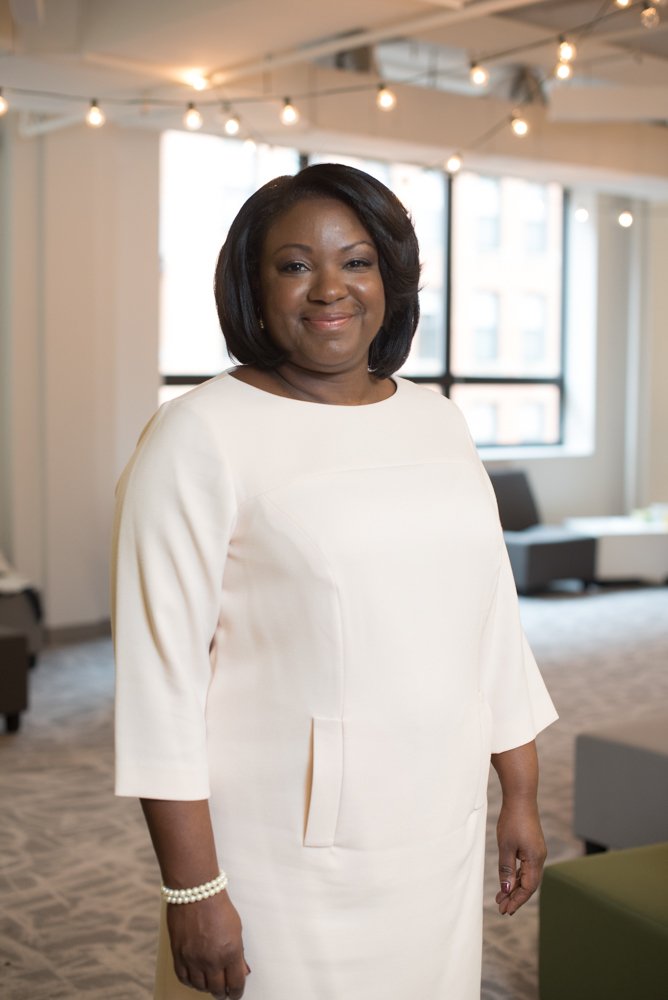
Charity Matters: How has this journey changed you?
Teresa Hodge: I have and I am currently on a mission to restore some of the joy. I have been heads down doing this work for 11 years. So it’s changed me in the sense that I’m a workaholic and I’m too focused on it. Now I’m on a mission to let up a little bit. You’ve done your part. It may or may not be fixed in your lifetime but you’re going to do your contribution. And that’s all you can do.
CHARITY MATTERS.
YOUR REFERRAL IS THE GREATEST COMPLIMENT, IF YOU ARE SO MOVED OR INSPIRED, WE WOULD LOVE YOU TO SHARE AND INSPIRE ANOTHER. If you enjoyed today’s episode, please connect with us:
- www.Charity-Matters.com
- On IG @Charitymatters
- Post a screenshot & key takeaway on your IG story and tag me @heidijohnsonoffical and @Charitymatters so we can repost you.
- Leave a positive review on Apple Podcasts
- Subscribe to new episodes each week!
Copyright © 2023 Charity Matters. This article may not be reproduced without explicit written permission; if you are not reading this in your newsreader, the site you are viewing is illegally infringing our copyright. We would be grateful if you contact us.

